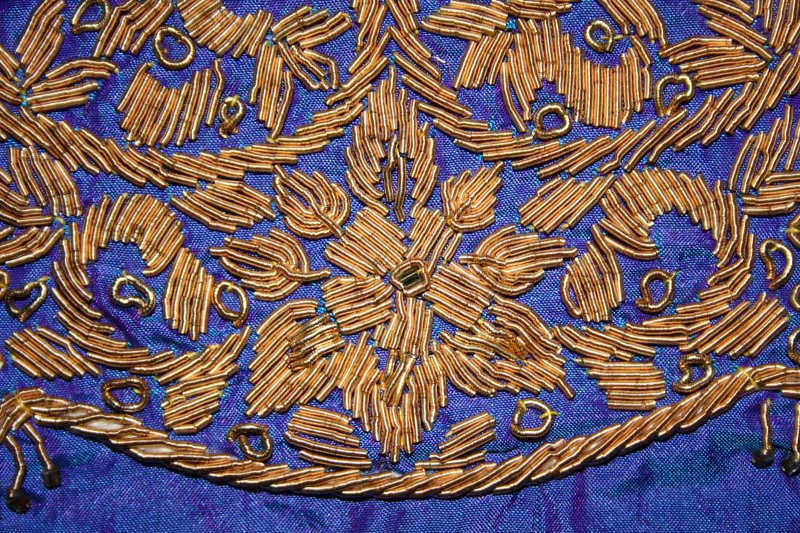===
0711,
9
===

=== |
 |
ġhairat : 'Jealousy, source or cause of jealousy; care of what is sacred or inviolable; a nice sense of honour; honour; courage, spirit; modesty, bashfulness, shame; —envy, emulation; disdain, indignation; enmity'. (Platts p.774)
jażb : 'Drawing, attraction; allurement; absorption'. (Platts p.378)
FWP:
SETS == MULTIVALENT WORDS ( ġhairat ); NEIGHBORS
MOTIFS
NAMES
TERMSAs SRF notes, the multivalence of ġhairat is what really energizes the verse, since it opens so many possibilities that (as so often) remain piquant but unresolvable. For whatever ġhairat -related reason, Mir Sahib had become so radically isolated and protective of his privacy that he wouldn't let anyone see anything of his inner life-- not even drops of his blood, and not even after his death.
This seems to be a 'neighbors' verse, in which a person with a respectful attitude toward 'Mir Sahib' is telling someone else about the sad and extraordinary circumstances of his death.
What about that 'cleaving' of his breast? Was it a form of slaughter, by which he was killed? Or was it done after his death, by curious physicians looking to understand his malady?